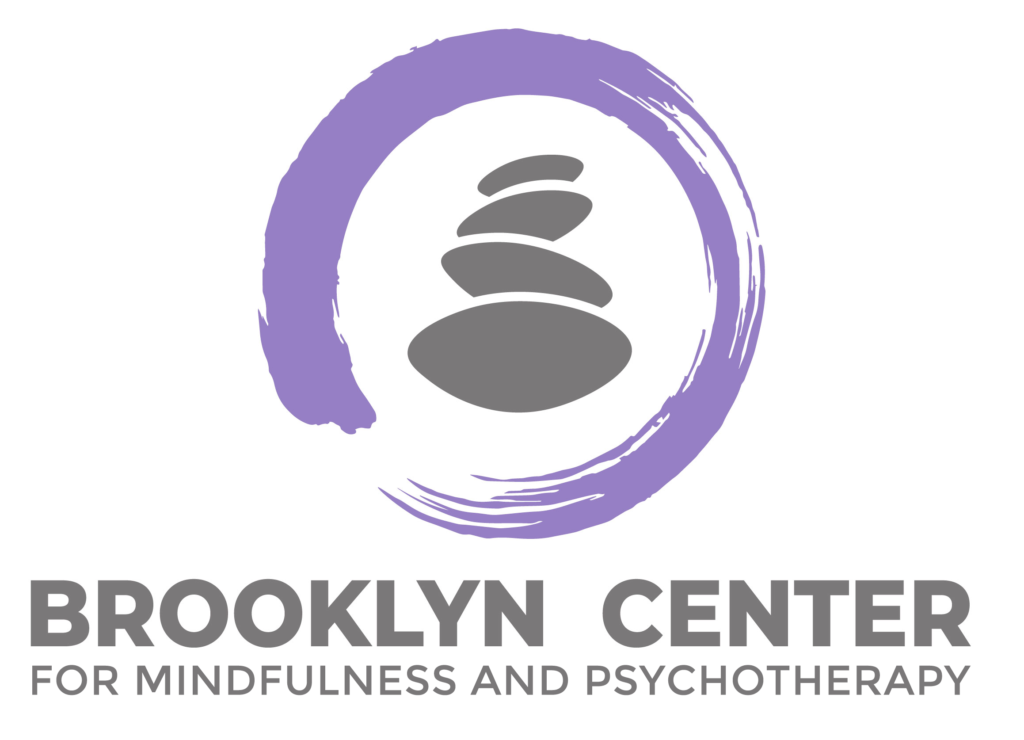Mindfulness is the practice of purposely focusing your attention on the present moment—and accepting it without judgment. It’s a simple concept, but it can be challenging to do in practice. That’s because our minds are constantly racing from one thing to the next, and we often spend more time worrying about the future or ruminating on the past than we do living in the present.
Keep reading to learn more about how psychotherapy can help you live a more mindful life.
What is mindfulness, and why is it important?
Mindfulness is practicing paying attention to the present moment with acceptance, curiosity, and non-judgment. It can help us become aware of our thoughts and feelings without allowing them to control our reactions. By becoming more mindful, we can create space between ourselves and our emotions, allowing us to respond more thoughtfully instead of impulsively.
The practice of mindfulness can promote an overall sense of well-being, improve mental health, reduce stress and anxiety, increase focus and concentration, and help us to be more present in our daily lives. It can also increase self-compassion and empathy towards others, allowing us to create stronger relationships with those around us. Mindfulness can help us become more aware of our surroundings and better appreciate our moment.
How can psychotherapy help you live a more mindful life?

Psychotherapy can help you to become more mindful of your thoughts, feelings, and behaviors. It provides an opportunity for you to explore the various aspects of yourself to gain insight into how they affect your life. With a trained therapist, you can learn techniques that will help you become more aware of your thought processes, emotions, and behaviors. This can lead to more meaningful connections with yourself and others and an increased ability to recognize destructive thinking and behavior patterns. Additionally, psychotherapy can help you to develop skills for improved emotional regulation, such as problem-solving and stress management.
Living mindfully means being aware of the present moment without judging or attaching meaning to it. A psychotherapist can help you to become more aware of the present moment by teaching you skills such as mindfulness, acceptance and commitment therapy (ACT), and dialectical behavior therapy (DBT). These therapies focus on awareness and acceptance of thoughts and feelings rather than trying to change them. This allows for a deeper understanding of how our thoughts and emotions impact our behavior and how to manage them effectively. In addition, these therapies can help you better understand why specific patterns or behaviors may have developed in the first place.
What are some of the benefits of mindfulness?
– Mindfulness can help reduce stress, anxiety, and depression. Research has shown that mindfulness practice can improve physical health and psychological well-being.
-Mindfulness can help individuals learn to be more present at the moment and respond rather than react to things in life. This helps cultivate greater self-awareness, emotional intelligence, and overall resilience.
-Mindfulness encourages individuals to become nonjudgmentally aware of their thoughts, feelings, and body sensations. This allows them to gain insight into how they respond to different situations, enabling them to make more conscious choices about approaching life events and difficult emotions.
-Mindfulness can help improve focus and concentration, which can benefit many aspects of life. By being aware of your thoughts, feelings, and body sensations, you can better direct your attention to what is essential at the moment – work or personal relationships, for example.
-Mindfulness has also been shown to affect physical health by reducing inflammation and improving sleep positively. It can also reduce blood pressure and lower cortisol levels, hormones released in response to stress.
-Lastly, mindfulness helps deepen our appreciation for life by allowing us to be more present and aware of the beauty and joy life offers. Being mindful of your thoughts and feelings can help you take a step back from difficult situations and appreciate the moment, increasing a sense of peace, contentment, and joy.
How can you start practicing mindfulness on your own?

Mindfulness can be practiced in many different ways. The most basic way to start is by taking a few moments each day to focus on your breathing. Take a few deep breaths and slowly observe the feeling of inhaling and exhaling. You can also focus on other sensations, such as your feet touching the ground or the success of a cool breeze on your skin. Focusing on the present moment can increase awareness of what’s happening around you and in your body.
You can also practice mindfulness by paying close attention to activities that are part of your daily routine, such as brushing your teeth or eating a meal. Please pay attention to your movements and the sensations accompanying them. Observing and noticing every detail of a routine activity can help you become more mindful.
It’s also important to be aware of your thoughts as you practice mindfulness. Notice any negative or stressful thoughts, but don’t judge or criticize them.
Are there any risks associated with mindfulness practice?
Yes, there may be risks associated with mindfulness practice. In some cases, individuals may experience strong emotional reactions or feelings of distress, known as an “awakening reaction.” People who have PTSD or trauma-related disorders are particularly vulnerable to this and should only engage in mindfulness practice under the guidance of a mental health professional. Furthermore, people with certain mental health disorders, such as bipolar disorder or psychosis, may find mindfulness practice too stressful and potentially aggravate existing symptoms. Lastly, some individuals may have difficulty managing time spent in meditation if they become overly focused on the experience. It is essential to understand your limitations and proceed slowly with mindful practice.
How do you know if mindfulness is right for you?

Mindfulness can be beneficial for everyone, no matter their age or background. It can help you to become calmer and more aware of your thoughts and feelings, allowing you to manage stress and anxiety better. However, it is essential to note that mindfulness may only be suitable for some. For instance, there may be better courses than mindfulness if a person has severe mental health issues or experiences difficulty controlling their thoughts. It is essential to consult a doctor or mental health professional before trying any form of mindfulness practice.
Mindfulness can also help you develop greater self-awareness and insight into yourself – allowing you better to understand your thoughts, feelings, and behaviors. This deeper understanding can help you make better decisions, improve relationships, and gain greater emotional resilience.
Mindfulness also encourages a sense of acceptance – allowing you to understand yourself and others better. It can help you become more compassionate and empathetic towards yourself and others, which can positively affect your mental health.
Where can you learn more about mindfulness and psychotherapy?
Many resources are available to help you learn more about mindfulness and psychotherapy. Books, online courses, and workshops can provide insight into mindfulness practice and how it can be combined with psychotherapy. In addition, several websites offer information on the topic and guide those wanting to try mindfulness and psychotherapy.
Many mental health professionals are also qualified to provide advice on how mindfulness can be used in combination with psychotherapy. Speaking to one of these professionals can be a great way to get personalized advice and guidance on using both practices together. Additionally, some organizations offer professional training courses in mindfulness and psychotherapy.
Finally, numerous online communities discuss mindfulness and psychotherapy and provide a platform for users to share their experiences. These can be great places to gain knowledge on the topic and learn from others who have already tried the combination of practices.
Conclusion
Mindfulness can be a powerful tool for improving your emotional and physical health. It can help you manage stress, reduce anxiety, sharpen focus and concentration, improve relationships, and enhance overall well-being. If you’d like to learn more about mindfulness and how psychotherapy can help, consider scheduling an appointment with a mental health professional at Brooklyn Center- Mental Health Clinic. Our experienced team of clinicians can provide the guidance and support needed to help you live a more mindful life.
We hope you found this article helpful and that it helped you understand how psychotherapy can help you live a more mindful life. Brooklyn Center – Mental Health Clinic is committed to helping the people of Brooklyn achieve their mental health goals. Contact us today to learn more about our services and how we can help you.
We look forward to hearing from you!




